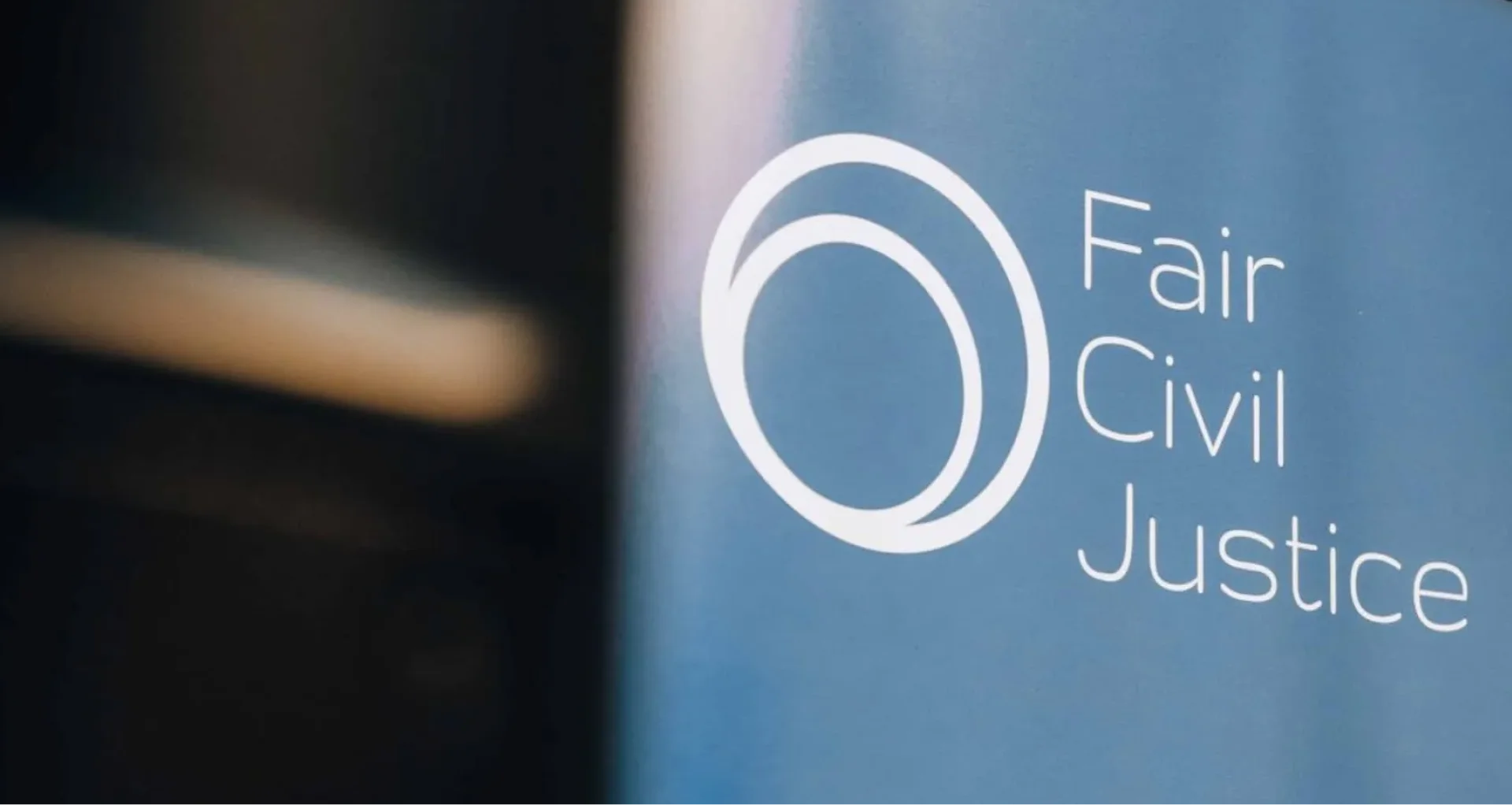When things go wrong, consumers should have routes to redress. Many people view access to justice as having their day in court, yet this is an expensive and uncertain process and there are many other ways through which justice can be obtained.
Alternative dispute resolution (ADR) mechanisms offer parties the ability to resolve disputes in significantly less time and at far lower costs than the traditional court process. Broadly defined, ADR is a process in which a neutral third party helps disputants to reach an agreement or resolution, and includes online dispute resolution, mediation and arbitration.
Although ADR is not a new phenomenon, its uptake should be encouraged in the context of a courts system that is characterised by lengthy delays and a substantial backlog of cases.
For civil claims – the most common means by which individuals and businesses engage with the justice system – the average time taken for multi/fast track claims going to trial rose to 75.5 weeks (over 17 months) in September 2022, some 16 weeks longer than in 2019.
Delays and the backlog of claims are deep seated problems that have been exacerbated, although not caused, by the covid-19 lockdowns. Pressure on the courts system will only worsen as the number of class action claims in the UK continues to increase, particularly following the introduction of the statutory opt-out collective actions regime set out in the Consumer Rights Act 2015.
At present, the UK banking sector alone is facing at least 109 class action lawsuits in the UK and abroad. Data from CMS Law shows the UK is the most active jurisdiction in Europe for class actions, with 53% of all class actions between 2016 to 2021 filed in the country, followed by 13% in the Netherlands. This form of litigation not only stretches the courts but leads to unfair outcomes for consumers and higher costs for businesses.
Litigation should be the last port of call for consumers who have suffered wrongdoing. In the first instance, consumers should raise a complaint through a business’ internal complaints procedure. Having exhausted this option, consumers should refer the matter to an ombudsman service or another form of ADR scheme. These processes are less profitable for external lawyers, but often better for consumers and business.
Resolving disputes quickly and effectively provides huge economic advantages for individuals, businesses – particularly SMEs – and society. For example, late payments cost the UK economy £2.5 billion each year, yet an effective ADR debt-recovery process can mean the difference between solvency and insolvency for many individuals and businesses.
Sir Geoffrey Voss, Master of the Rolls, is right in saying “ADR should no longer be viewed as “alternative” but as an integral part of the dispute resolution process.” Yet this will only happen if greater focus is paid to ADR mechanisms. For example, businesses that have successfully engaged in ADR should promote its use to consumers, policymakers and other businesses by talking about the benefits it provides to all parties – such as cost, time, flexibility, preservation of relationships, and confidentiality as decisions are not made available to the public.
The adage “justice delayed is justice denied” remains true. If we are to alleviate pressure on our courts and tribunals system and avoid the growth of a US-style litigation culture in the UK, ADR is an imperative. For this reason, Fair Civil Justice has been exploring ADR solutions in the UK and engaging with dispute resolution providers, businesses, government, ombudsman and regulators to ensure these mechanisms are an easily accessible means to deliver justice for consumers that provide a viable alternative to costly legal action.



